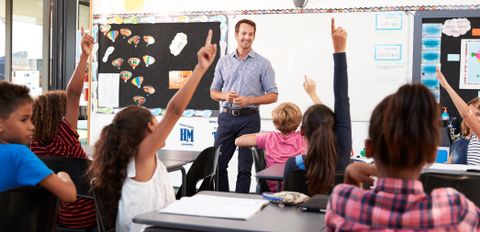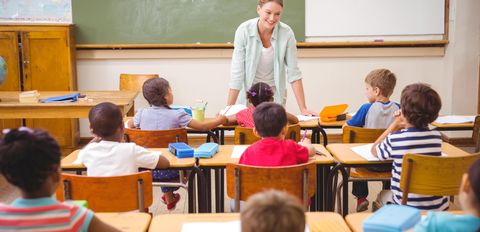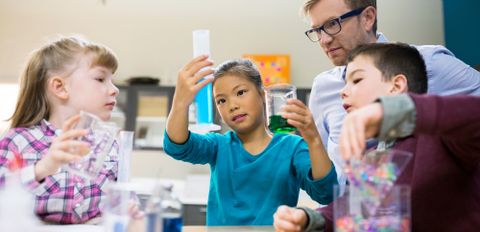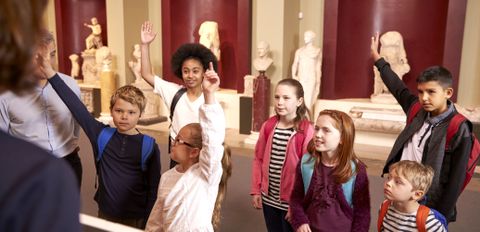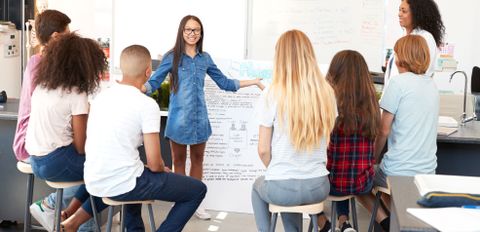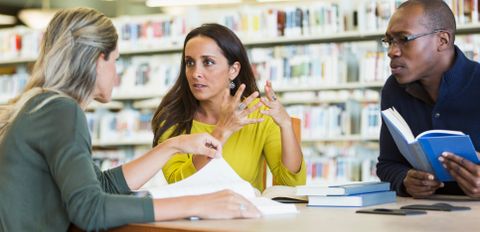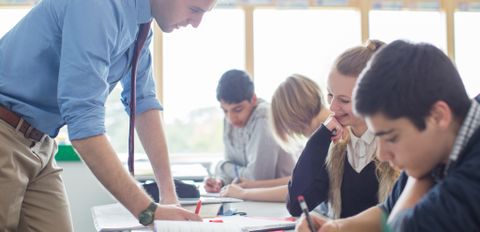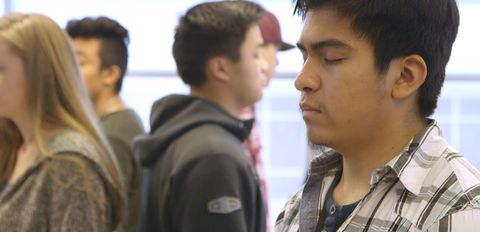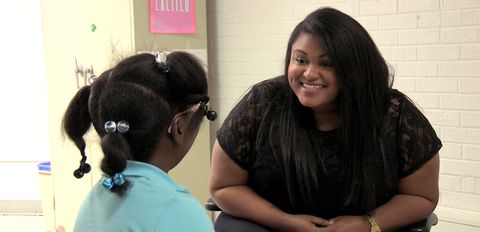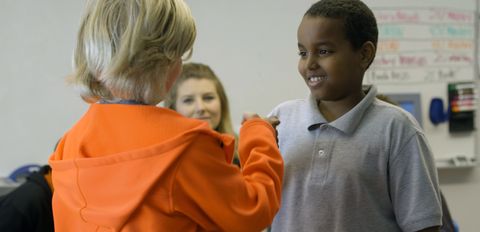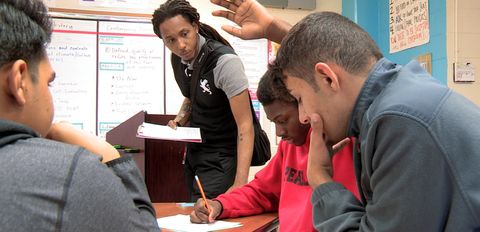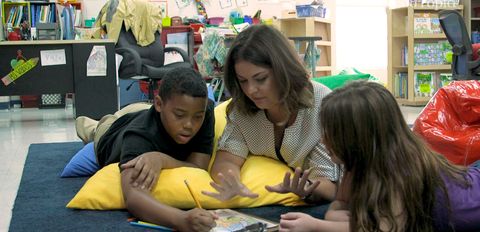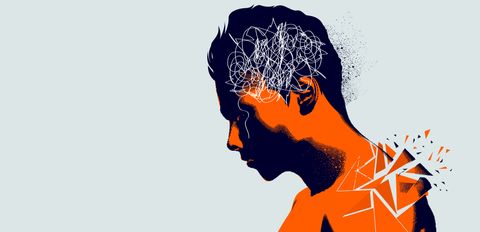 Credit: ©Shutterstock.com/solarseven With social and academic pressure mounting, a teacher shares what he's learned about tracking his students' mental well-being.
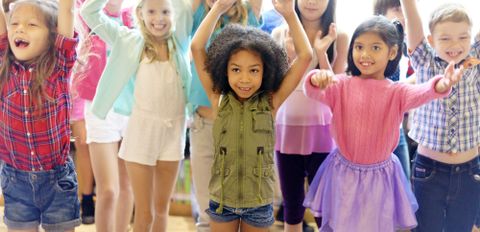 Credit: ©Shutterstock.com/Rawpixel.com Students are easily distracted, but regular, short breaks can help them focus, increase their productivity, and reduce their stress.
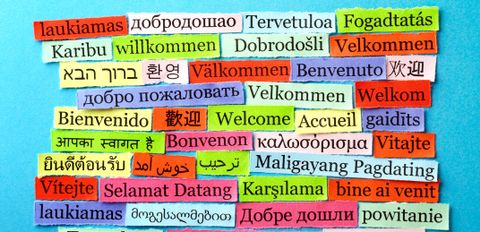 Credit: ©Shutterstock.com/ivosar A teacher seeks out the best approaches to teaching English to non-native speakers, the fastest growing student population in the U.S.
 Lesson plans and reading lists for Women's History Month.
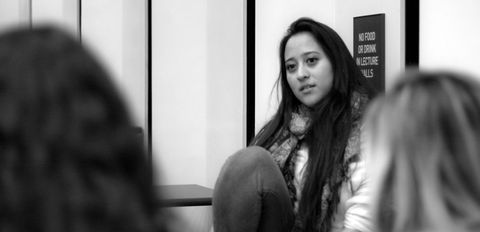 Credit: Leon Fishman via flickr (CC BY-SA 2.0) Scaffold students' thinking about complex texts by asking what the text says, how it works, what it means, and what it inspires them to do.
| 






